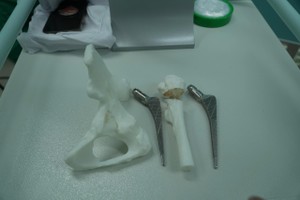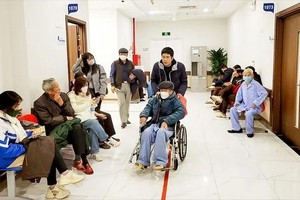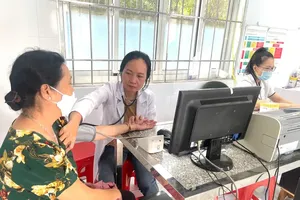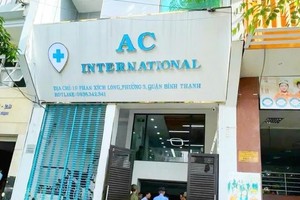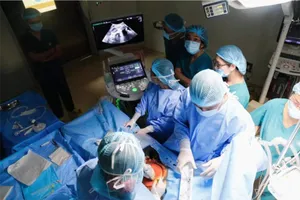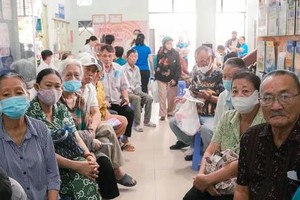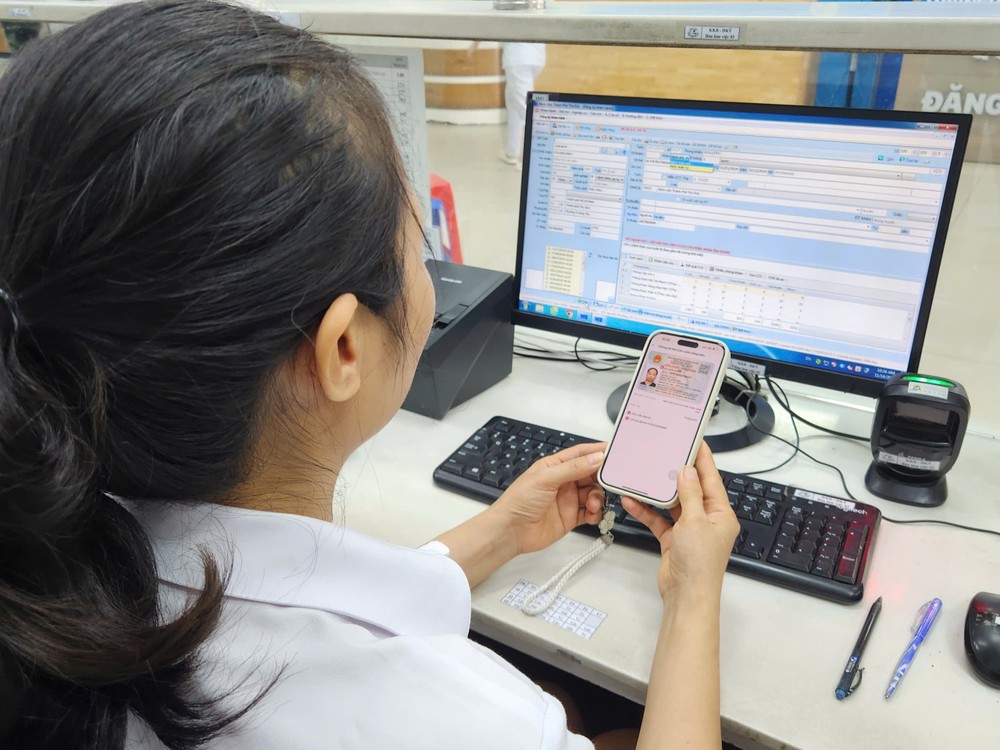
The HCMC Department of Health convened a conference on September 26 to announce the results of the city’s EMR rollout and the standardization of its health sector data repository. The event was attended by Mr. Nguyen Phuoc Loc, Deputy Secretary of the HCMC Party Committee and Chairman of the Vietnam Fatherland Front Committee of HCMC, and Ms. Tran Thi Dieu Thuy, Vice Chairwoman of the HCMC People’s Committee.
The department hailed the achievement as a milestone in the city’s digital transformation journey, helping to modernize management, cut administrative procedures, and improve the quality of healthcare services for residents.
HCMC’s healthcare system currently comprises 164 hospitals, 38 regional health centers, 168 commune-level health stations, 296 satellite stations, and 10,627 clinics. To date, 153 hospitals have implemented EMRs, covering more than 93 percent of the network. Of these, all 60 city-run hospitals have completed EMR adoption on schedule, while 13 out of 14 hospitals under ministries and central agencies have followed suit. In the non-public sector, 80 out of 90 hospitals—over 89 percent—are now using EMRs.
According to the HCMC Department of Health, full-hospital EMR application has reached high levels, with 64 percent of public hospitals and 65 percent of private hospitals completing EMR adoption across all departments. In terms of investment, most hospitals opted to lease information technology services to optimize costs.
Electronic medical records provide a host of practical benefits, including shorter examination and treatment times, reduced administrative costs and paperwork, greater transparency in management, and enhanced patient experience.
However, challenges remain. Hospitals continue to face gaps in technological infrastructure, a shortage of IT personnel, and the need for policies to ensure operating costs for EMRs are properly incorporated into hospital service fees.
The city’s health sector pledged to expand EMR adoption to all medical facilities, standardize and improve its centralized health data warehouse, and ensure safety, security, and interoperability. It also aims to intensify the use of artificial intelligence and big data analytics in epidemic forecasting, scientific research, and health management—gradually building a smart healthcare ecosystem to support HCMC’s goal of becoming a modern, smart, and livable city.

